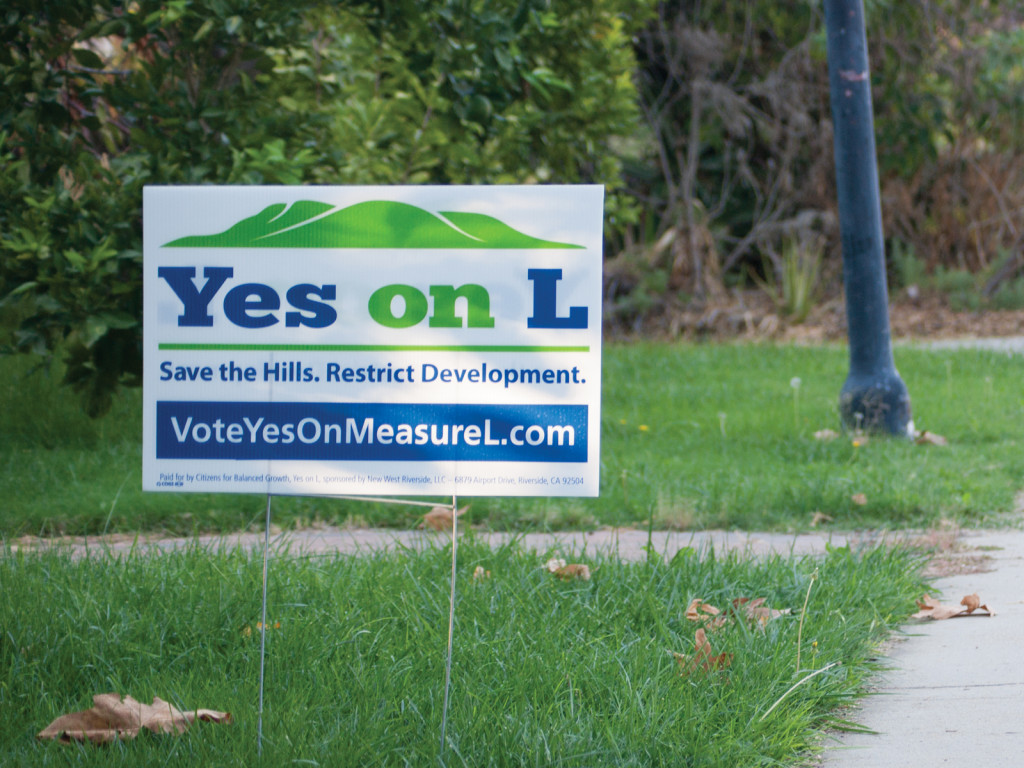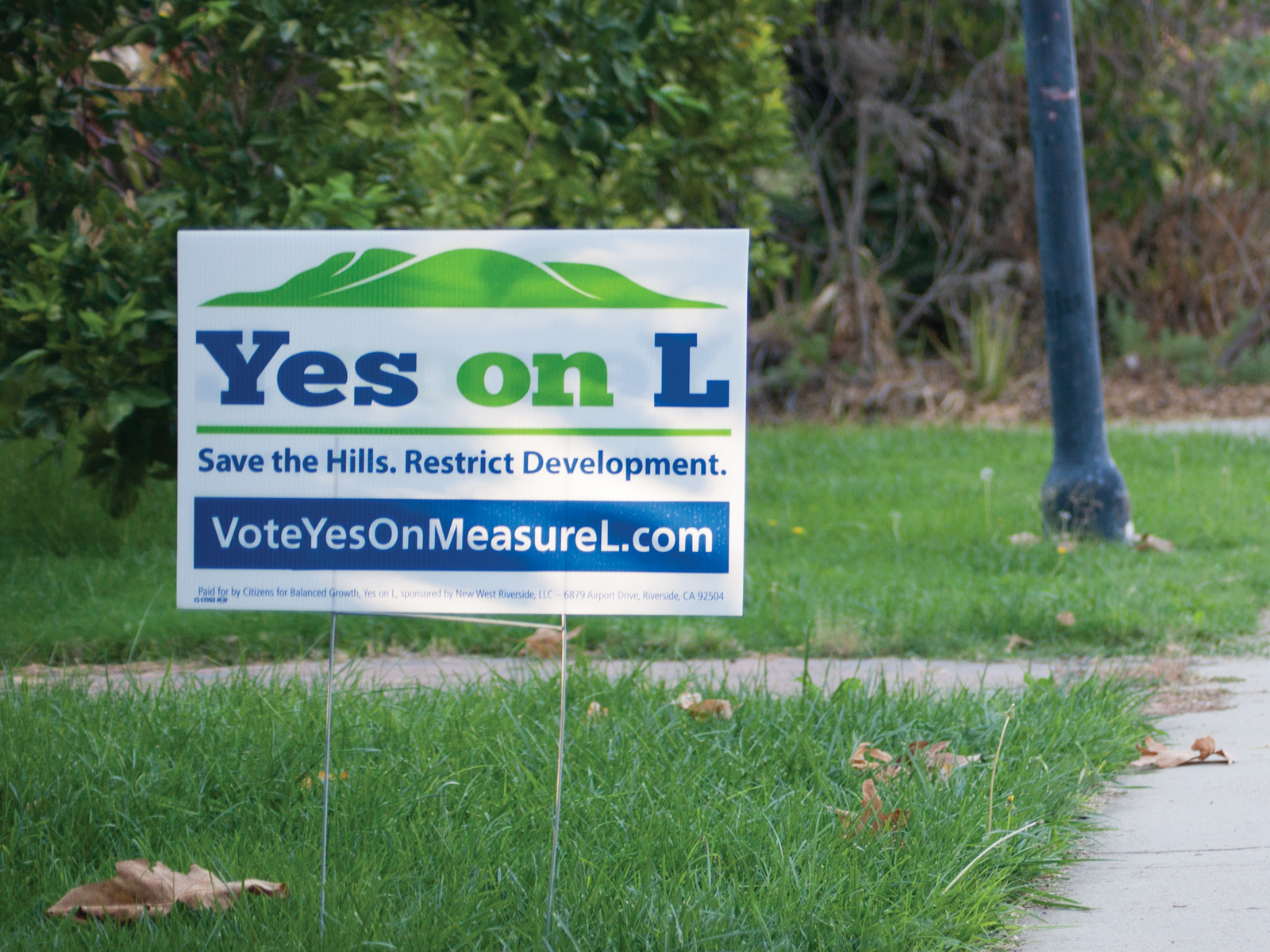
California’s ballot propositions are a trademark of this state’s aggressively forward-thinking attitude and the most recognizable of the 22 states that allow both initiatives and popular referendums. During election seasons in California, you cannot go to a commercial break without hearing from a lawyer or a doctor about how an upcoming proposition is going to save or destroy the world. The public is bombarded with so many of these ballot proposition commercials that many California citizens have now associated them with background noise; with both sides of an argument being vague about what the prop is actually about, the citizen starts to no longer care. But I, as a proud Pennsylvanian, think that everyone should pay more attention to what is in these props, as most of them later affect the rest of the country’s legislative thinking on issues. And unlike California, in places like Pennsylvania, constituents are not afforded the right to directly affect the laws that would be governing them.
The people of California are of a lucky select few in how much influence they have on their government, and in turn on the rest of the country. California is one of a handful of states that offer constituents so much power. Of this population, California has the largest population and thus, also has a great influence on states that do not have direct influence by constituents. In Pennsylvania, people don’t have a direct way of influencing the statutes or amendments that would be governing them. The most power a Pennsylvanian has in affecting legislative movement is to write a letter to his or her congressperson, which is an important part of the legislative process, but it is nowhere near as effective as being able to propose statutes or amendments as a populace.
One very notable example of a California ballot proposition affecting other states is Proposition 215, the legalization of medical marijuana. In 1996 Californians passed Proposition 215 with 56 percent in favor, becoming the first state to legalize marijuana for medical use. In the years to follow, 22 other states and the District of Columbia have followed suit. But what is critical to note with these other 23 states is that in 12 of these states and the District of Columbia, the bill went through their respective congresses with no direct input from the people of that state, but rather the example set by California.
With the great power that the state of California has over the rest of the nation, people should pay more attention to propositions and properly inform themselves before voting. Don’t listen to commercials for anything more than as a way of finding out what the “big” propositions are on the ballot for the election season. It is critical to the rest of the country that you, the Californian voter, know what is on the ballot and think about how the issue will affect the rest of the country, because unlike you, so many other people in this country could be stuck with the law that their state is following due to your votes.
Although Californians may not realize it, they have great power, and they must think of not only themselves but for what is best for the nation as a whole. If you do not, who knows how far possibly damaging statutes can go, and how many lives it would impact. So this Nov. 4, be sure to vote, and vote thoughtfully and responsibly.








